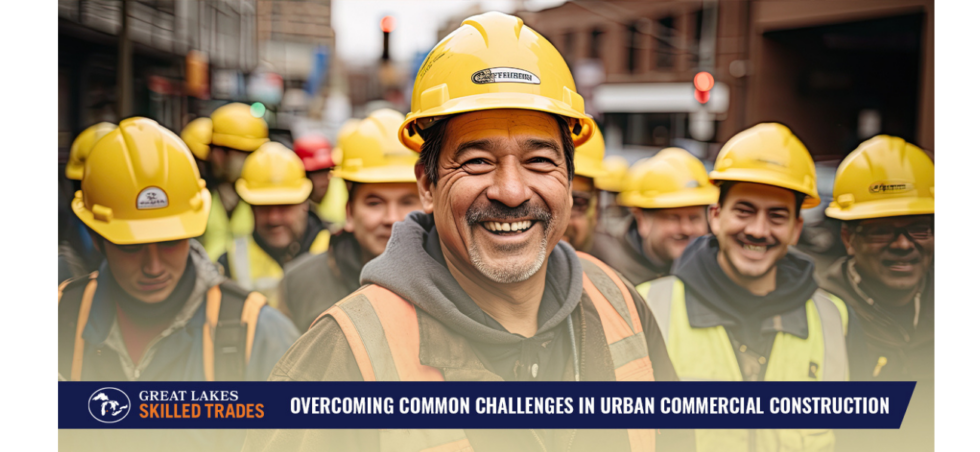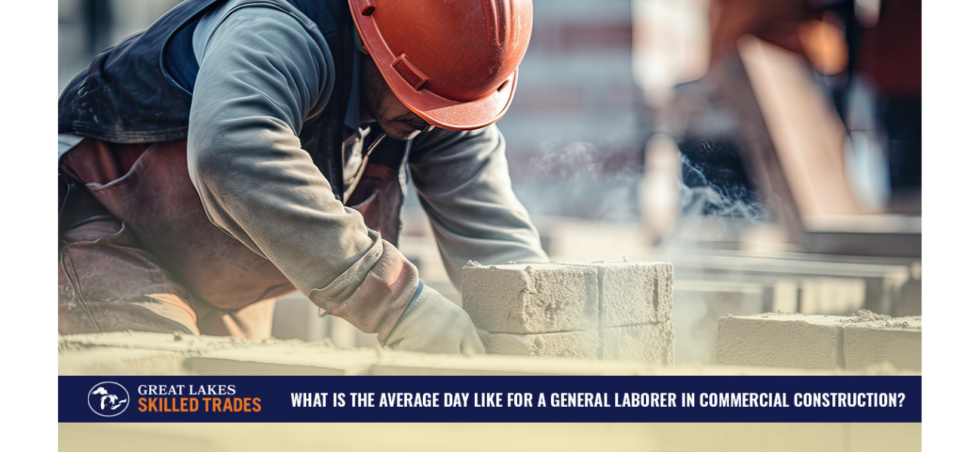If there ever was a time to become a heavy equipment operator, it’s now
For years there’s been a shortage of heavy equipment operators. Young people just haven’t been going into the trades because schools are pointing students toward college. In addition to that, we are now faced with the looming mega infrastructure spending bill that will only compound the shortage of heavy equipment operators. There will be thousands of infrastructure projects—bridges, roads, etc.—when the bill finally gets approved, and we won’t have the workforce to meet that demand.
The time is now. Think about it. Earn great living working with cool equipment with all kinds of advanced technology.
So what do you do?
You’re in the right place. Reading this article is a great way to begin your quest toward becoming a heavy equipment operator. We’ll explain about what kind of training you need to become an expert operator and how much you can expect to earn.
Our guide on this journey will be Scott Loberg, Vice President of Education and Safety with Associated Builders and Contractors of Illinois. Before his current role, he spent 25 years as a heavy equipment operator with his father’s construction company in northern Illinois—“everything other than cranes,” he said.
What do heavy equipment operators do?
In residential and commercial construction, before the first nail is hammered in place or the first sheet of drywall is hung, the site has to be prepared for construction. That means earth needs to be moved—lots of it—and you certainly don’t want to do it with a shovel! You need large machines. Backhoes, bulldozers, soil stabilizers, dump trucks, loaders, forklifts and excavators.
Most of this machinery is needed on the front end of a construction job, but not always—cranes, for example may be needed too.
Contractors love heavy equipment because they allow them to get large jobs done quickly with little or no manual labor.
Heavy equipment operators use four main types of equipment: back-hoes, bulldozers, front-end loaders and graders. Some operators work with several types of equipment while others choose to specialize:
- Back-Hoe: Scoops and dumps materials, digs trenches, loads heavy materials and breaks concrete
- Bulldozer: clears and levels land
- Front-End Loader: picks up earth, rock, sand, gravel or snow, then moves and dumps them
- Grader Operator: Spreads and levels earth or other materials.
What kind of training is required to become a heavy equipment operator?
Broadly, there are three routes you can take: apprenticeship, community college/technical school, or heavy equipment operator school.
Apprenticeship As with all apprentice programs, union and non-union, this is an “earn while you learn” approach, combining classroom study with work for pay on a construction site. Associated Builders and Contractors offers apprenticeship for Heavy equipment as well as other trades. The International Union of Operating Engineers also has apprenticeship programs. This system is designed to give someone who knows little or nothing about the trade the knowledge to become a journey-level operating engineer.
College and technical school Most community colleges and tech/vocational schools offer heavy equipment operator programs. The programs vary, from a few weeks or several months to one-year certification programs or even two-year associate degree programs. Obviously, the lengthier and more in-depth the program, the better you are prepared for the workforce.
Heavy equipment operator school Heavy Equipment Colleges of American operates eight campuses across the country that offer three-week programs. Some classroom work is required, but much of the teaching is done hands-on in the field.
Said Scott: “Anyone can learn these skills. Some are just more adept than others. Some people are pilots, some are cooks. Can everyone cook? Yes, but not everyone is a gourmet chef. Mastering the piece of equipment—where it’s an extension of yourself—probably takes several years.”
What about licenses and certifications? What types of licenses and certifications are required to succeed as a heavy equipment operator? This varies from state to state. For example, some states require you to have a valid commercial driver’s license. Also, some jurisdictions can require specific certification such as ADEPT certification sponsored by the National Association of Heavy Equipment Training Services.
How much can you earn as a heavy equipment operator?
How much you make is going to vary with your skills and years of experiences, obviously. The average salary for a heavy equipment operator is $66,000.
“However, with the current demand I can see a heavy equipment operator earning $100,000 if he or she puts in a lot of hours,” Scott said.
Among heavy equipment operators, crane operators tend to be the best paid. Crane operators with senior-level experience can average more than $75,000 a year. The best paid heavy equipment operators are in New York City at an annual salary of $92,560. In fact, it is among the highest paying professions for workers without a college degree.
Wrapping up
Heavy equipment operators are in high demand, and that’s only going to increase when the nation’s infrastructure projects commence. You could make an average of $66,000/year as a heavy equipment operator.
Did you like this post? You may also like:
Everything you need to know about becoming a plumber
Everything you need to know about becoming an electrician
Everything you need to know about becoming a welder
Everything you need to know about becoming a carpenter
Everything you need to know about becoming a roofer
Everything you need to know about becoming an HVAC tech
Everything you need to know about becoming a mason
Everything you need to know about becoming a painter
Subscribe








